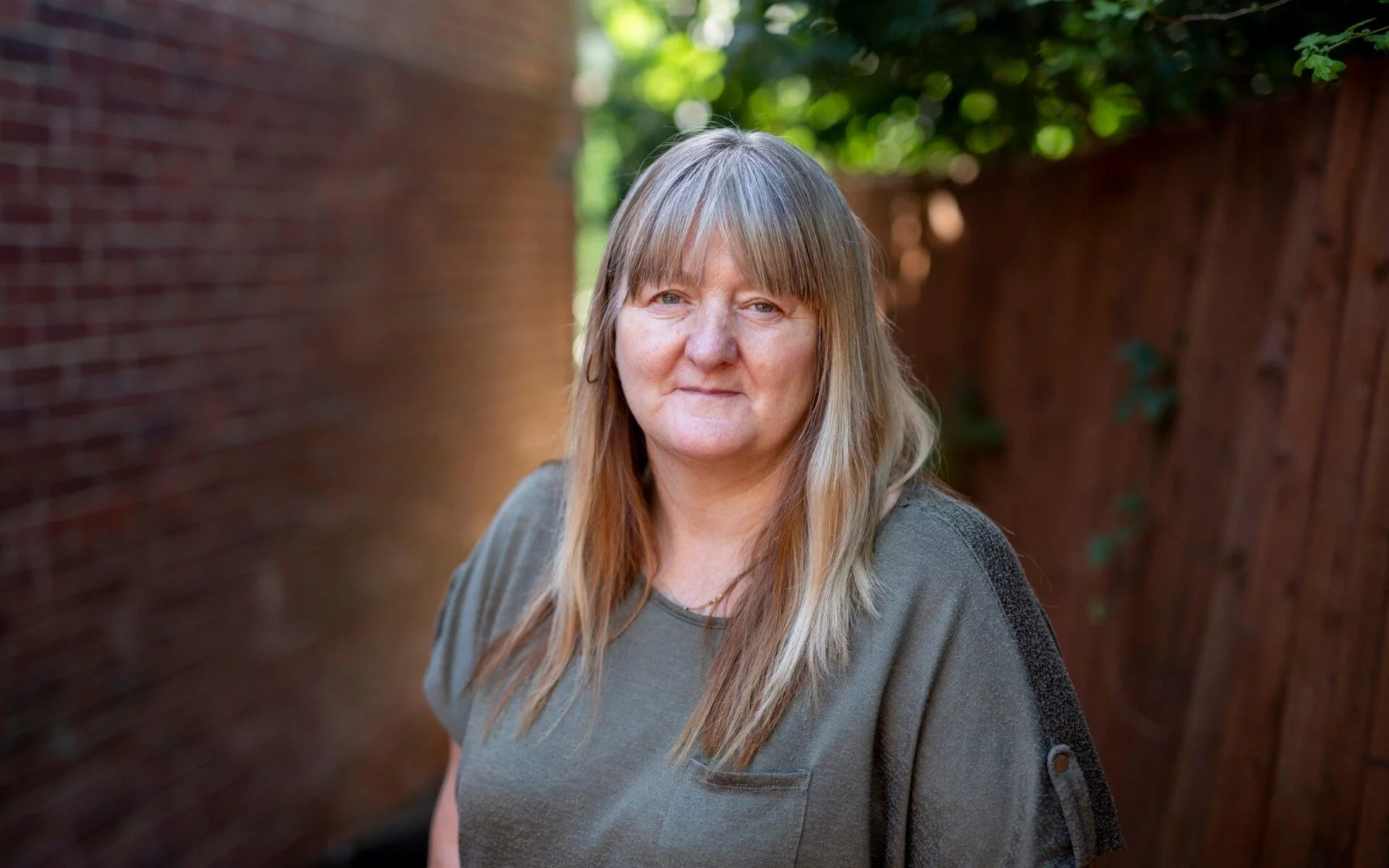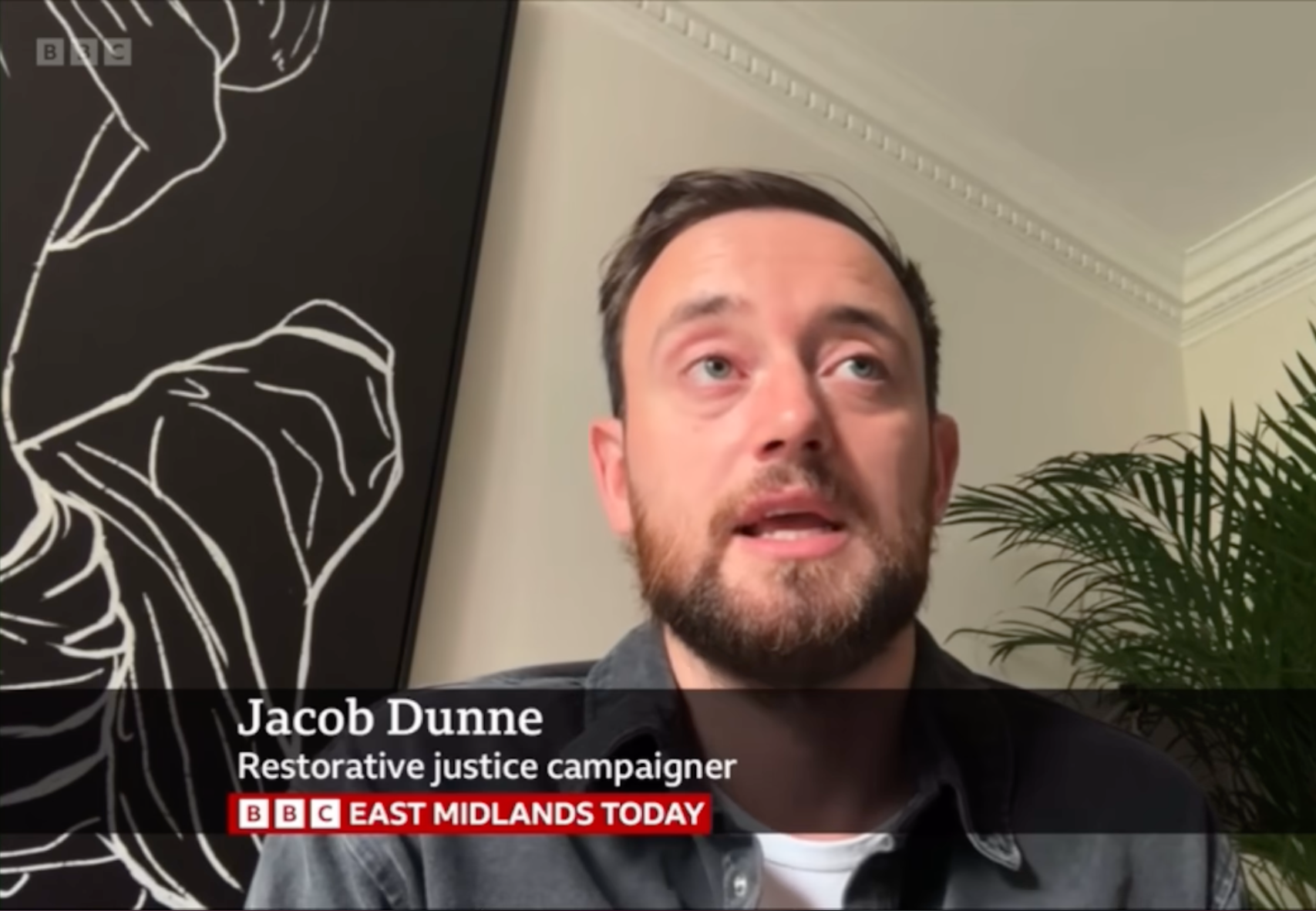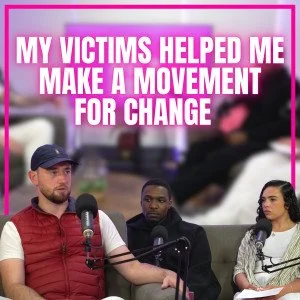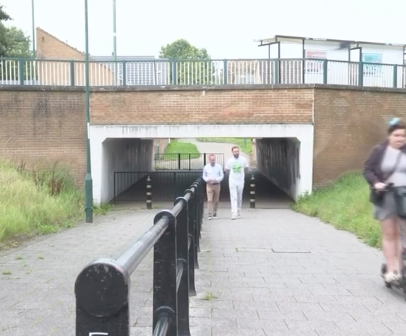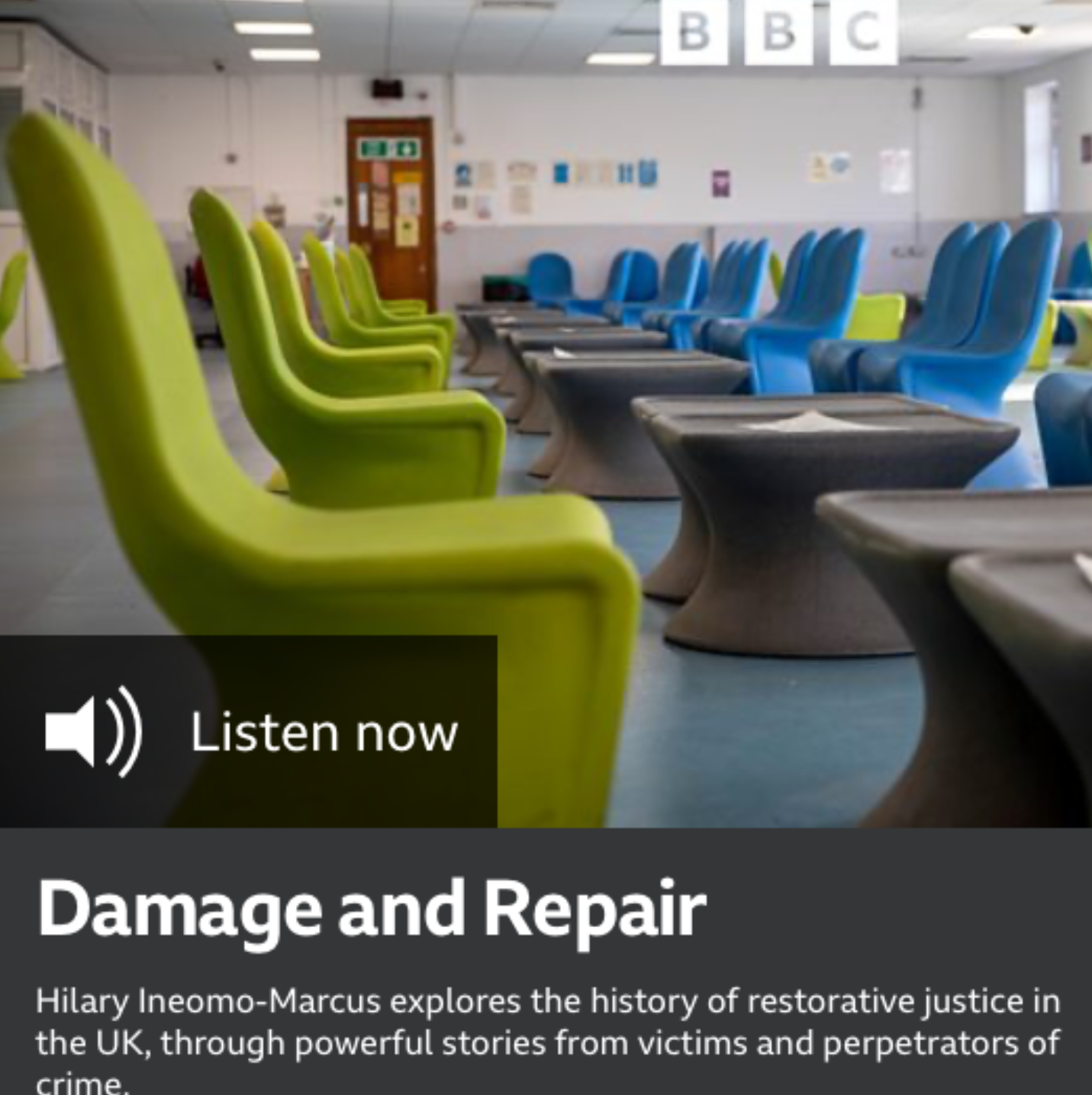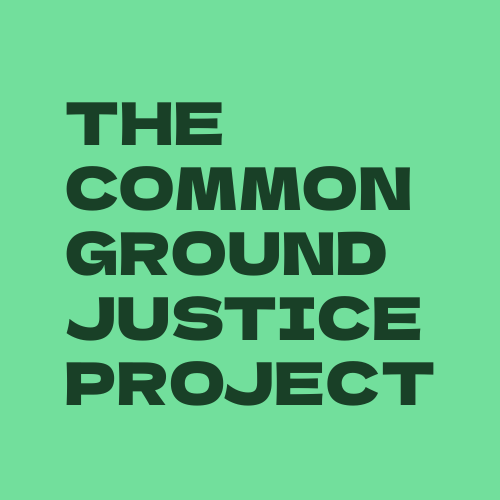Every victim OF CRIME deserves the right to be heard
But right now, they’re often unable to have their say or get questions answered.
This needs to change.
Join our call for all victims to have the right to explore Restorative Justice - a proven, powerful way to raise victims’ voices, hold perpetrators to account and cut reoffending.
Watch Jacob, Joan and David’s story – as told in James Graham’s West End play Punch.
“I was finally able to have a voice”
Rob, who met the man who robbed his son through Restorative Justice
Restorative Justice is a safe, facilitated process of dialogue between victims and the person who harmed them.
At a time when only 1 in 10 victims have confidence in the justice system, it’s a chance to get answers, explain the impact of the crime and hold perpetrators accountable.
Restorative Justice works
-

8 in 10
victims who take part are satisfied
-

27%
reduction in reoffending
-

£14
saved for the taxpayer for every £1 spent
“I’d have remained very bitter if we’d never started this process. It gave me some hope that another tragedy might be avoidable. I think every victim should have the right to explore Restorative Justice because it changes lives and helps heal so many people.”
Joan Scourfield, who met the man responsible for her son’s death
Photo: Andrew Fox/The Telegraph
IN THE NEWS
8 in 10 victims who take part would recommend Restorative Justice to others.
But only 1 in 20 are told about THE OPTION.
Restorative Justice is an optional add-on to traditional punishments: a chance for victims to ask tough questions, to get answers and hold perpetrators accountable for their actions.
It changes lives and reduces reoffending. But too many victims are missing out.
We’re calling on the UK Government to give every victim of crime a legal right to be told about Restorative Justice, and be referred to a local service for information and assessment.
a real voice for victimS
“I wanted to understand why they did it. Holding them accountable yourself, and getting answers is massive.”
Lisa, who met the two people who robbed her
“I wouldn’t be the woman I am today, so free, standing in my power, so strong, if I hadn’t had that meeting.”
Janika, who met the man who tried to kill her
“The meeting gave us both the opportunity to confront properly what happened.. the conference has given me closure.”
Sheldon, who met the man who tried to rob him
“I’m not eaten up with anger the same, and I’ve not got the frustration, because he gave me all the answers.”
David, who met the man who killed his son
“It was extremely important to be able to sit in front of the young man.. and explain the impact of his actions. I was finally able to have a voice.”
Rob, who met the man who robbed his son
-
Restorative justice is a safe, facilitated dialogue between a victim of crime and the person that caused them harm.
It’s a voluntary process giving victims the opportunity that courts deny them: to explain the impact the crime had on their life, to ask unanswered questions and find a positive way forward.
Dialogue is mediated by a trained Restorative Justice facilitator and can take the form of face-to-face meetings, letters, videos or a shuttle process. In every case, trained professionals support all parties through a period of preparation and aftercare.
Restorative Justice can be life changing for people harmed by crime, offering answers and a way to recover and move forward. 85% of victims are satisfied, far higher than many other forms of justice.Restorative Justice also requires perpetrators to take responsibility and understand the true impact of their actions. This approach reduces reoffending by a quarter, and saves taxpayers £14 for every £1 invested.
Learn more and find out how to access Restorative Justice at why-me.org. -
Research shows that only 1 in 20 victims with a known offender are told about Restorative Justice, despite an entitlement in the Victims Code to be given information.
The Victims Code is important, but it’s only guidance. So we’re calling on the government to introduce a clear new legal right for victims to be told about Restorative Justice and offered a referral for assessment by an expert provider.
Restorative Justice is a voluntary process and it’s not for everyone. So whether it goes ahead will ultimately depend on the expert practitioner’s assessment and the consent of all parties.
But for those who do take part, it delivers life-changing results, leaving 85% of victims satisfied, reducing reoffending by up to 27% and saving the taxpayer up to £14 for every £1 spent.
-
We need as many people as possible to sign our petition calling on the government to introduce a new legal right for all victims to explore the powerful option of Restorative Justice. Sign the petition now. You can also donate to power our work.
“Facing David and Joan was the hardest thing I’ve ever done. It gave me the determination to change. Restorative Justice didn’t erase the harm, but it helped all of us find a way forward — and that’s why I believe every victim should have the right to be heard.”
Jacob Dunne
Photo: Stephen Burke/The Guardian
Britons support the right to be heard
3 in 4
voters support victims having a right to meet the person who harmed them
2 in 3
agree that people who’ve committed crime need to see the real impact of their actions and face the people they’ve harmed.
the common ground in action
Justice for victims
Accountability for perpetrators
Less crime on the streets
Savings for taxpayers
SEE THE PLAY
At 19, Jacob Dunne’s life changed forever when a single act of violence resulted in the death of James Hodgkinson. After serving time for manslaughter and meeting James’ parents through Restorative Justice, Jacob embarked on a journey of personal transformation, becoming a passionate advocate for restorative justice and societal change.
This is the story told in James Graham’s powerful acclaimed play Punch, running at the Apollo Theatre in London’s West End, and in New York City’s Broadway, this year. Get your tickets now.
As things stand today, with barriers to accessing Restorative Justice, the case that inspired Punch would likely never have gone ahead. That’s why we’re calling for all victims to have a right to explore Restorative Justice.
SUPPORTERS
The Right To Be Heard is a campaign by the Common Ground Justice Project and Why Me?, kindly backed by Changing Ideas. We’re proud to be supported by many organisations across the Restorative Justice community and beyond.
Can you power the campaign with a donation?
If everyone chips in, we could grow the petition, reach hundreds of MPs, and make a splash in the press — and win this campaign.

